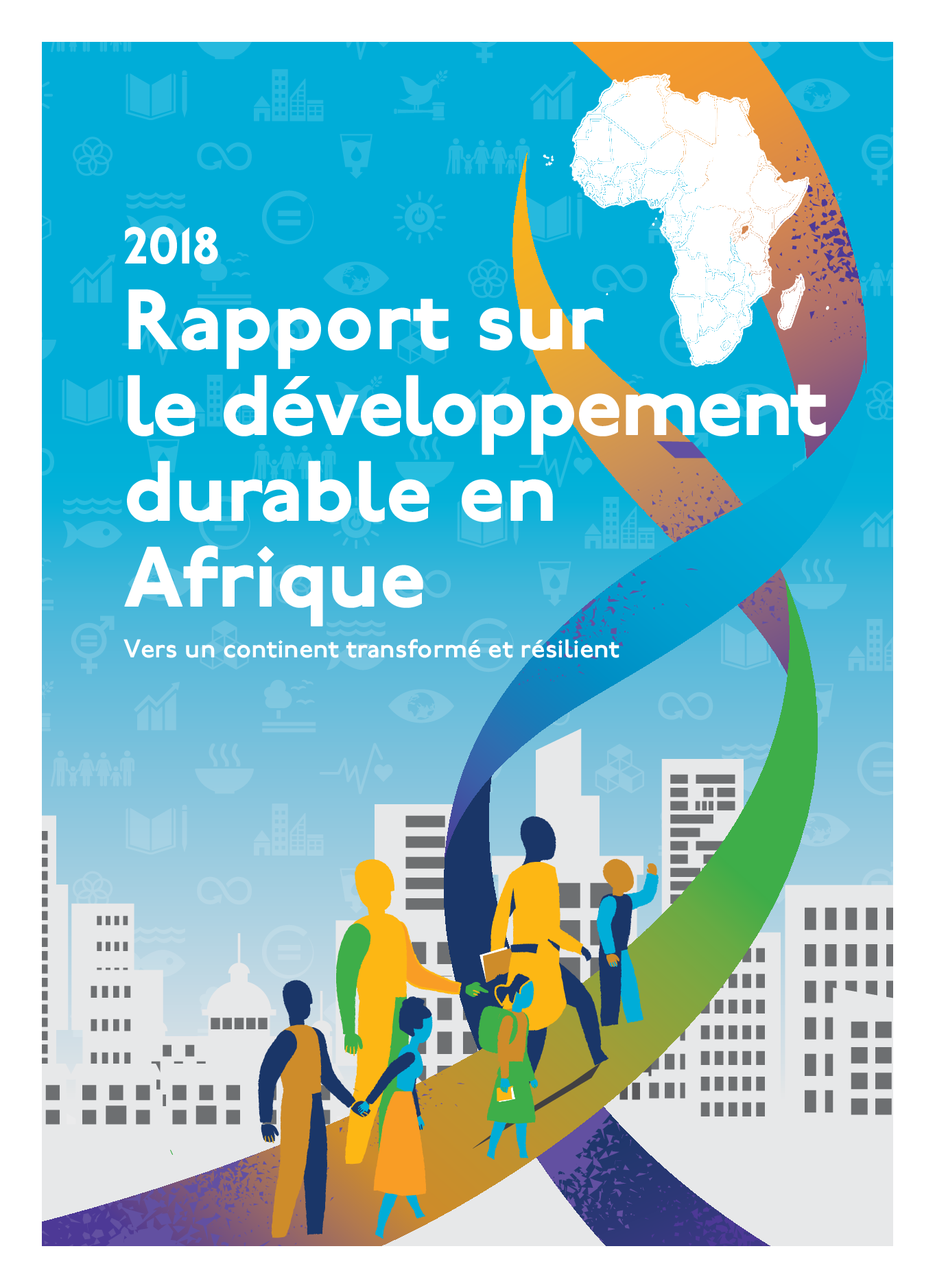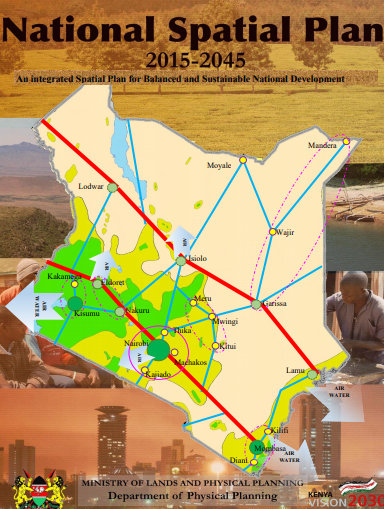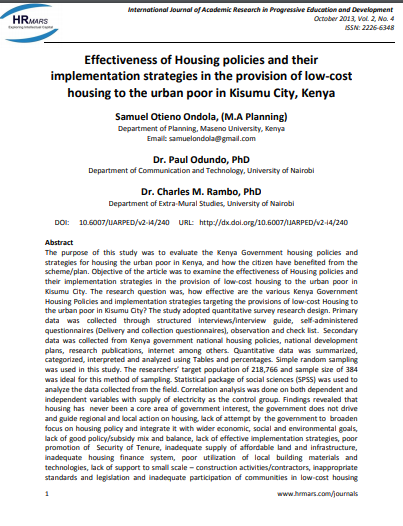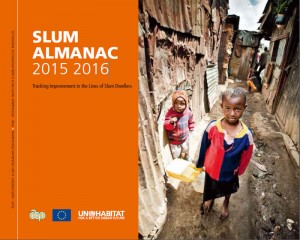Terminology for Integrated Resources Planning and Management
To achieve an integrated approach to the planning and management of land resources, cooperation among experts from the
disciplines involved and integration of the respective results are required in order to identify and evaluate all biophysical, socio-economic and
legal attributes of the land. The glossary aims to contribute to the development of a common technical language. The terms, methods and






